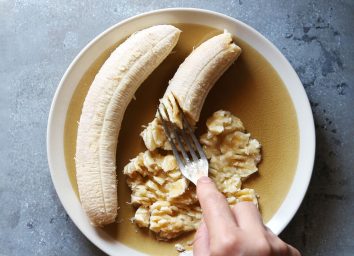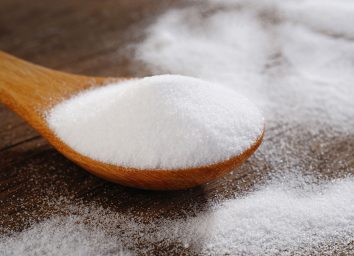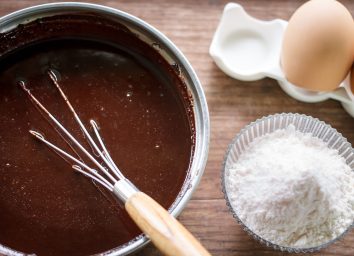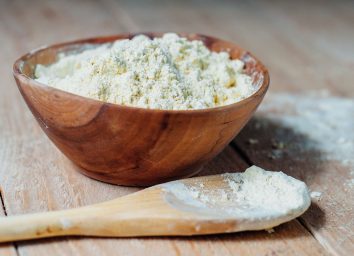The Only Gluten-Free Flour I'll Bake With When Carb Cravings Hit
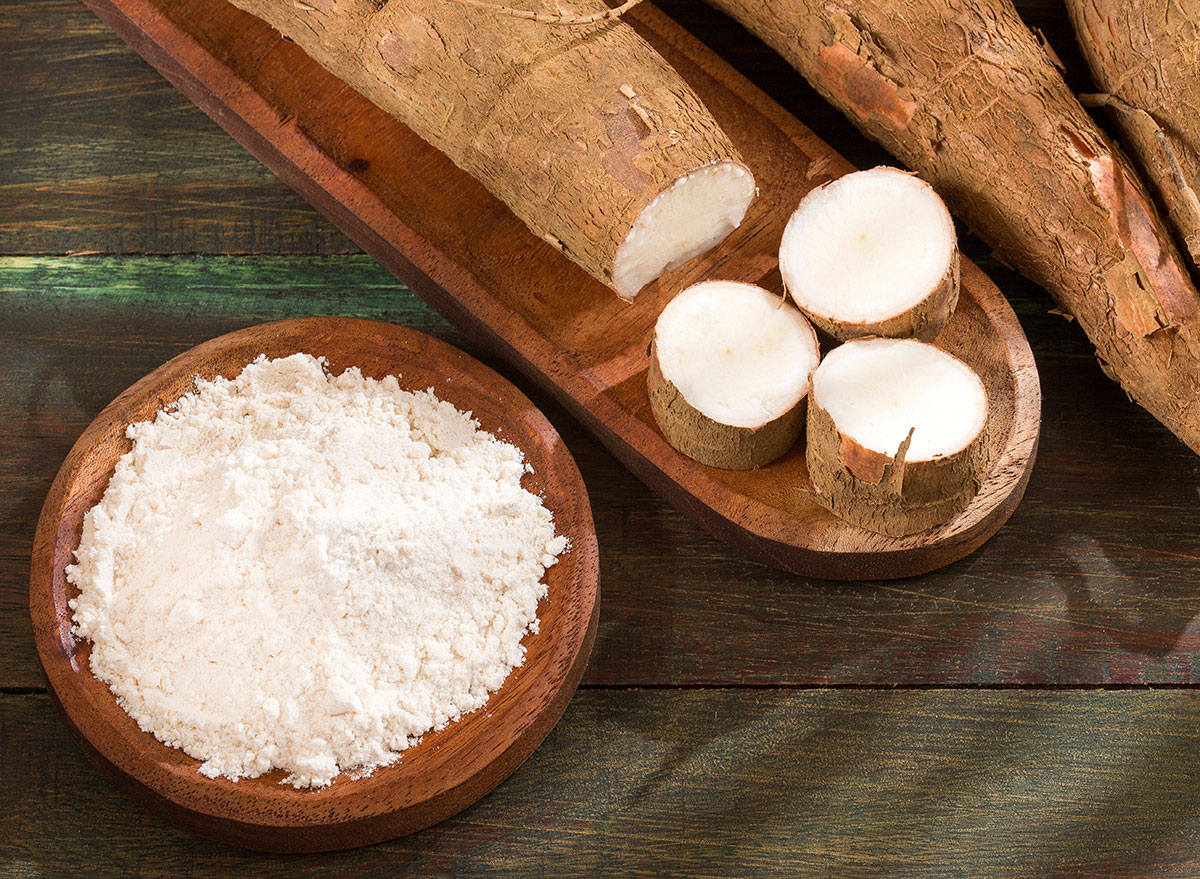
There's no arguing how good carb-heavy desserts can be. Muffins, brownies, cookies, cake—the (very delicious) list goes on. My cravings for them come and demand homemade treats on the spot. Next thing I know, my baker's apron is on and I'm preheating the oven. For how frequent this happens in my home, I rarely finish a whole tray of treats without help—I could, but don't tempt me.
However, with a sweets-loving boyfriend who's usually up for eating all my leftovers with me, these are flour-filled foods he can't even touch as someone with celiac. To make dessert-time more inclusive for him—and to help with my own self-control—I tested many gluten-free flours to find the golden ticket to gluten-free baking.
Enter: cassava flour. Bye forever, gluten!
What is cassava flour?
Cassava—also known as yuca—is a root vegetable that's starchy like plantains, potatoes, or parsnips. Cassava flour is made from the whole root, peeled, dried, and ground. And now, its grain-free self is sweeping the gluten allergen world for plenty of reasons. While testing the waters with a few different alternative flours, I found myself still reaching for cassava because it can pretty much be subbed one to one in most recipes without insane alterations like some other flours have to be. While making cookies and homemade tortillas, I found that other gluten-free flours I found had funky flavors and unappealing textures, while cassava both tastes pretty neutral and has a texture comparable to wheat.
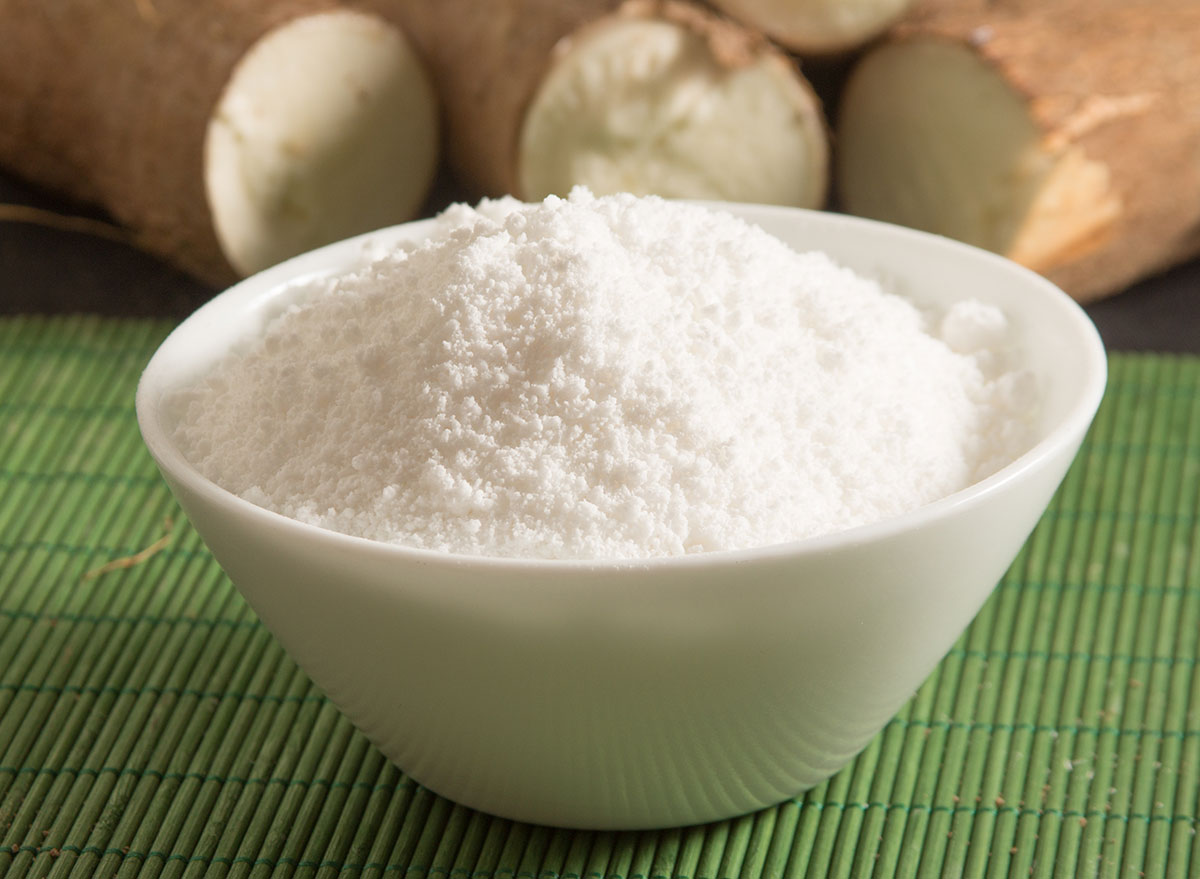
How does cassava flour compare to other flours?
I asked Amy Shapiro MS, RD, CDN of Real Nutrition NYC, to weigh in on cassava flour's nutritional makeup compared to other gluten-free flour options, and it seems that this alternative is a solid option with plenty of health benefits.
"Cassava flour is easier to digest than other flours due to its lighter consistency, as it comes from the root (not a grain), and it has a high fiber content. The fiber helps to improve regularity and ease digestion," Shapiro says. She says that cassava is overall lower in calories than regular flours, too. So yes, that totally means less calories, but more fiber—something that can keep you full for longer. Shapiro recommends cassava over rice flour, too, if you're looking to cut back on sugar.
"Since rice tends to be high in arsenic and is also low in fiber, it can quickly turn into sugar in the body, which are the opposite benefits that cassava supplies," she says. Cassava also brings to the table a high amount of vitamin C and magnesium. And the good news doesn't stop there! Yet another upside to cassava is that it's an all-star option for those with nut allergies. You'll find almond flour as a common replacement in plenty of sweet treat recipes because it adds its own richness, but not everyone can eat it. Plus, if you're making something more bread-like, such as pancakes or a homemade loaf, almond and even coconut flour can taste way too strong and dry out your decadent masterpiece. Cassava flour is quickly becoming the true hero of baking, gluten-free or otherwise.
Which cassava flour is the best?
Otto's Natural Cassava flour and Anthony's Premium Cassava flour are two brands I've personally been most dazzled by. Once you're hooked like me, they're easy to find—and buy in bulk—on Amazon. Now to decide which recipes to tackle next…
